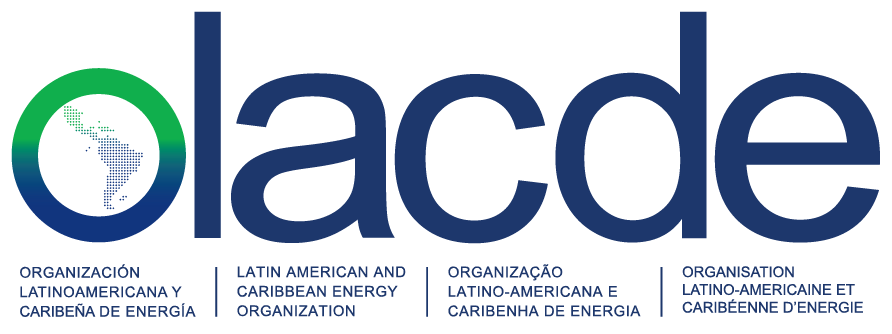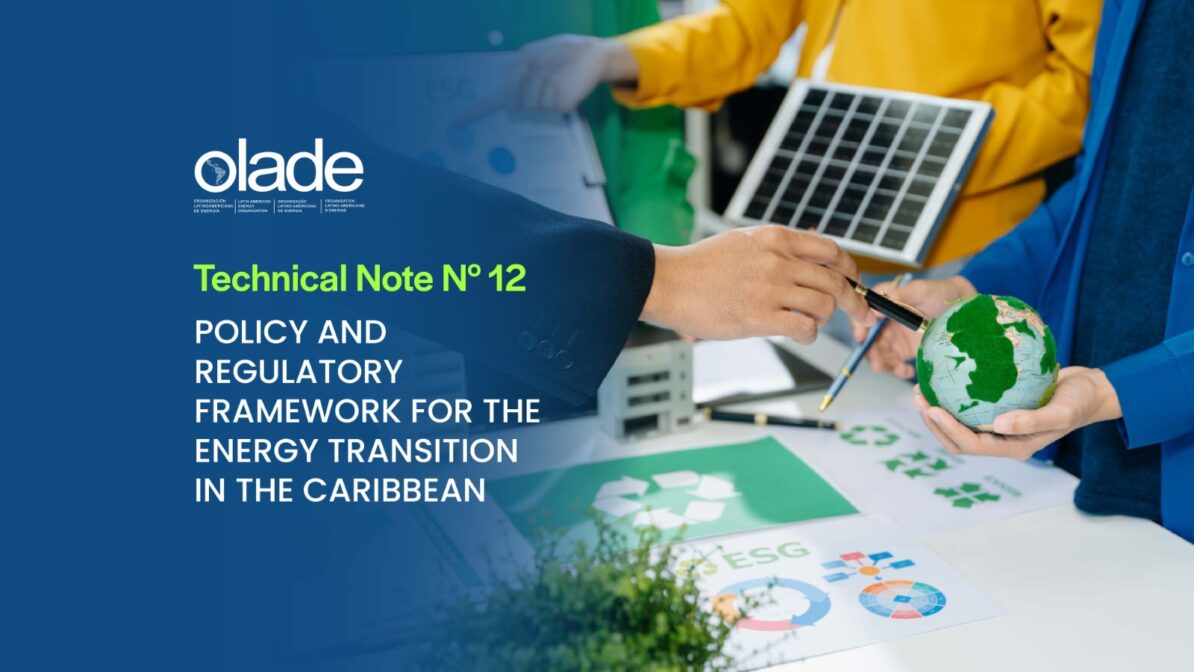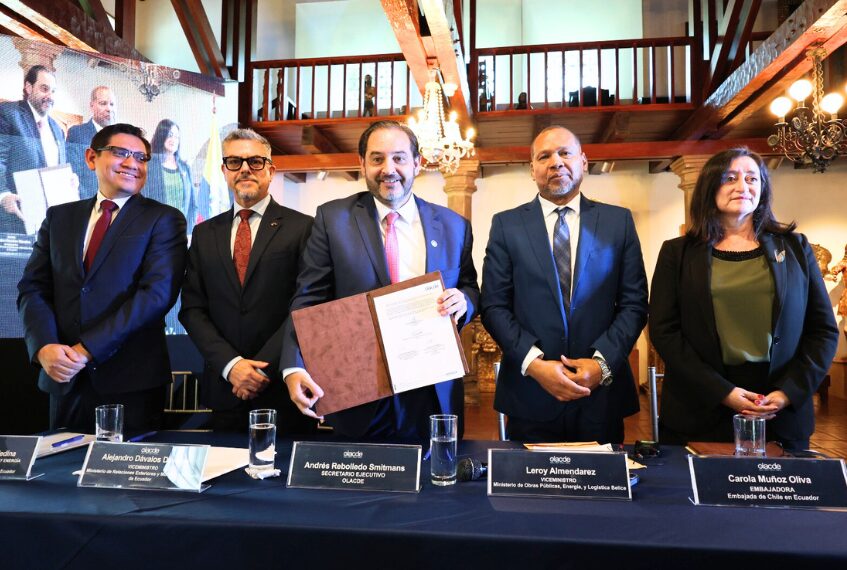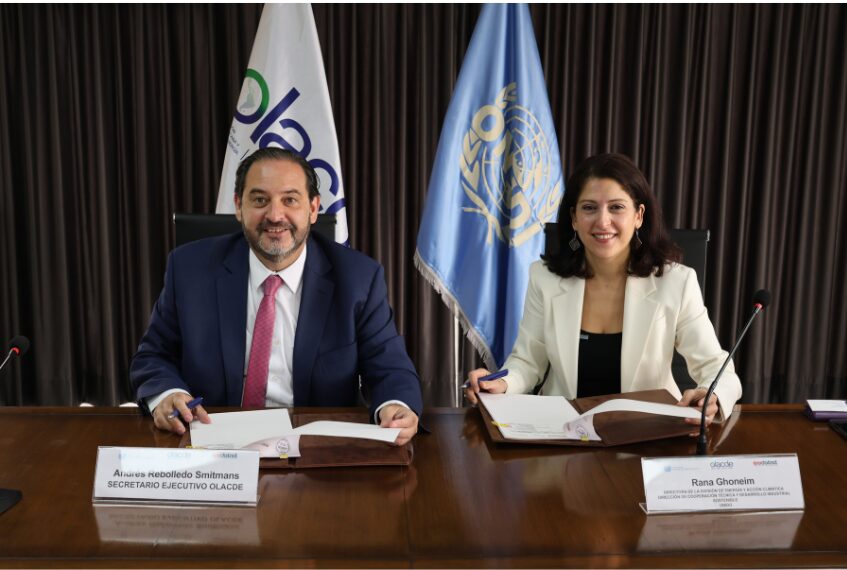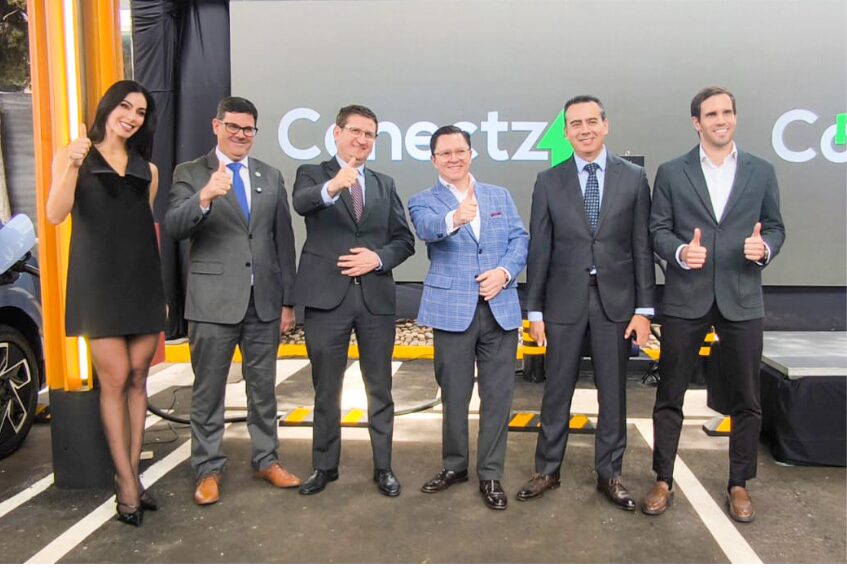The Caribbean is moving decisively forward in its energy transformation. Governments across the region are reforming regulatory frameworks, strengthening fiscal incentives, and promoting investments in clean energy to reduce dependence on fossil fuels and build a low-carbon energy matrix.
According to Technical Note No. 12 of The Latin American and Caribbean Energy Organization (OLACDE), titled “Policy and Regulatory Framework for the Energy Transition in the Caribbean”, Caribbean countries have begun translating their climate commitments into concrete legal and financial instruments. These policies include the expansion of renewable energy sources, the development of resilient electrical infrastructure, and the promotion of sustainable mobility with a particular focus on protecting consumers and attracting private investment.
As examples of this progress:
In the Dominican Republic, Law 103-13 eliminated fiscal barriers to the importation of hybrid and electric vehicles, driving e-mobility and reducing the national oil bill. In Jamaica, the implementation of the strategic framework for electric mobility reduced import taxes on these vehicles from 30% to 10%, encouraging their widespread adoption.
For its part, Trinidad and Tobago incorporated explicit commitments from the Paris Agreement into its national legislation and now offers fiscal incentives for renewable energy and compressed natural gas (CNG) transport projects. The country is also developing green financing mechanisms, climate bonds, and tax exemptions to attract private capital, alongside innovation and technology transfer centers that connect universities, industries, and governments.
Despite this notable progress, the Technical Note reports that the share of renewables in the regional electricity matrix reached only 12% in 2022, still below the 28% target projected in CARICOM’s Sub-Regional Energy Policy. OLACDE therefore recommends accelerating the implementation of more effective regulations, removing administrative barriers, and setting measurable goals to bridge the gap between planned objectives and actual outcomes.
At the regional level, the Caribbean Community (CARICOM) is working on harmonizing standards and national regulatory frameworks, while promoting electric interconnections that integrate renewable sources and strengthen energy security. The Regional Energy Policy, adopted in 2013, establishes clear objectives to diversify the energy mix, reduce dependence on hydrocarbons, and foster energy efficiency and sustainable transport.
The report concludes that achieving a just and sustainable energy transition requires the design and adoption of robust legal instruments that establish economic incentives, promote public-private partnerships, and encourage greater international cooperation.
Download the full Technical Note here: https://www.OLACDE.org/en/publicaciones/technical-note-no-12-policy-and-regulatory-framework-for-the-energy-transition-in-the-caribbean/
